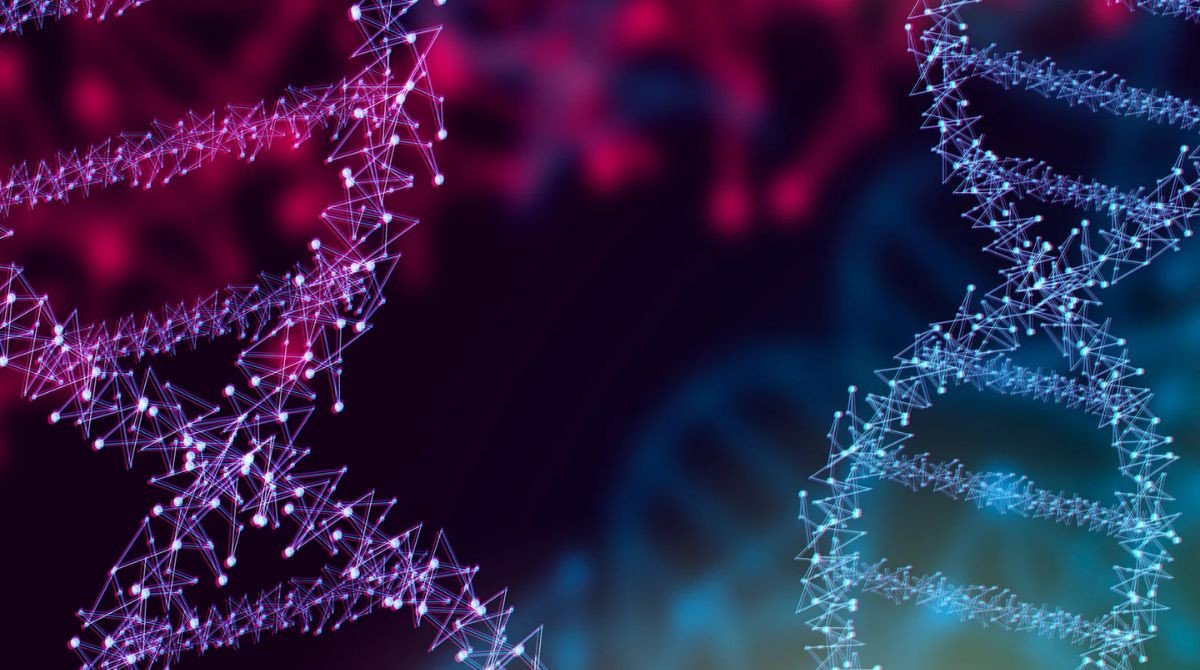- December 18, 2025

In an era marked by pressing environmental concerns and a growing need for sustainable solutions, synthetic biology has emerged as a transformative force within life sciences. This innovative field combines biological research with engineering principles to design and construct new biological parts, systems, and organisms. By doing so, synthetic biology offers novel solutions to challenges in health, agriculture, and environmental sustainability. This article explores how synthetic biology is reshaping life sciences and driving progress toward a more sustainable future.
Understanding Synthetic Biology
Synthetic biology is an interdisciplinary field that blends biology, engineering, and computational sciences. It aims to redesign biological systems and create new biological functions by manipulating genetic material. Unlike traditional genetic engineering, which focuses on modifying existing organisms, synthetic biology involves constructing entirely new biological systems from scratch or re-engineering complex organisms for specific purposes.
Key areas within synthetic biology include:
1. Gene Editing: Techniques like CRISPR-Cas9 allow scientists to precisely edit genes, adding or removing genetic material to alter an organism’s traits or functions.
2. Biological Circuit Design: Researchers create new genetic circuits that can regulate gene expression in response to environmental signals, enabling more sophisticated control over biological processes.
3. Metabolic Engineering: This involves redesigning metabolic pathways to enhance the production of valuable compounds or to create new products from renewable resources.
4. Synthetic Genomes: Scientists can design and synthesize entire genomes, leading to the creation of novel organisms with tailored functionalities.
Environmental Sustainability and Synthetic Biology
One of the most impactful applications of synthetic biology is in the realm of environmental sustainability. The field offers innovative solutions to address environmental challenges such as pollution, resource depletion, and climate change.
1. Bioremediation:
Bioremediation is the process of using living organisms to remove or neutralize pollutants from contaminated environments. Synthetic biology enhances this process by engineering microorganisms to degrade specific pollutants more efficiently. For example, bacteria have been genetically modified to break down oil spills or detoxify heavy metals in contaminated soils. These engineered microbes offer a cleaner and more effective alternative to traditional chemical cleanup methods.
2. Sustainable Energy:
Synthetic biology contributes to the development of sustainable energy sources by engineering microorganisms to produce biofuels and other renewable energy products. For instance, algae can be genetically engineered to produce biodiesel, a renewable fuel that can replace fossil fuels. Additionally, synthetic biology is used to optimize the production of hydrogen, a clean energy carrier, through microbial processes. These advancements help reduce greenhouse gas emissions and reliance on non-renewable resources.
3. Green Chemistry:
Traditional chemical synthesis often involves toxic substances and high energy consumption. Synthetic biology offers a greener approach by producing chemicals and materials through biological processes. For example, engineered yeast can produce biodegradable plastics and other environmentally friendly materials. This reduces reliance on petrochemicals and minimizes waste, contributing to a more sustainable economy.
Advancements in Agriculture through Synthetic Biology
Agriculture is another area where synthetic biology is making significant strides. By improving crop resilience and optimizing agricultural practices, synthetic biology addresses food security and environmental concerns.
1. Crop Improvement:
Synthetic biology techniques are used to enhance crop traits, such as resistance to pests, diseases, and environmental stresses. For example, crops can be engineered to tolerate drought conditions or resist specific pests, leading to higher yields and reduced reliance on chemical pesticides and fertilizers. Additionally, synthetic biology is used to develop crops with improved nutritional content, addressing global issues of malnutrition and dietary deficiencies.
2. Sustainable Farming Practices:
Synthetic biology supports sustainable farming practices by developing bioengineered microorganisms that act as biofertilizers. These microbes promote plant growth and improve soil health without the need for synthetic chemical fertilizers. Similarly, biopesticides produced through synthetic biology target specific pests while preserving beneficial organisms and ecosystems. These advancements contribute to more sustainable and eco-friendly agricultural practices.
3. Precision Agriculture:
Synthetic biology is also advancing precision agriculture through the development of biosensors and sensors that provide real-time data on crop health, soil conditions, and environmental factors. These tools enable farmers to optimize resource use, such as water and nutrients, and make informed decisions based on precise data. This approach leads to more efficient and sustainable farming practices.
Conclusion
Synthetic biology is transforming life sciences and paving the way for a more sustainable future. By harnessing the power of biology and engineering, synthetic biology offers innovative solutions to environmental, agricultural, and medical challenges. From bioremediation and sustainable energy production to personalized medicine and crop improvement, the field is driving progress toward a more resilient and equitable world.